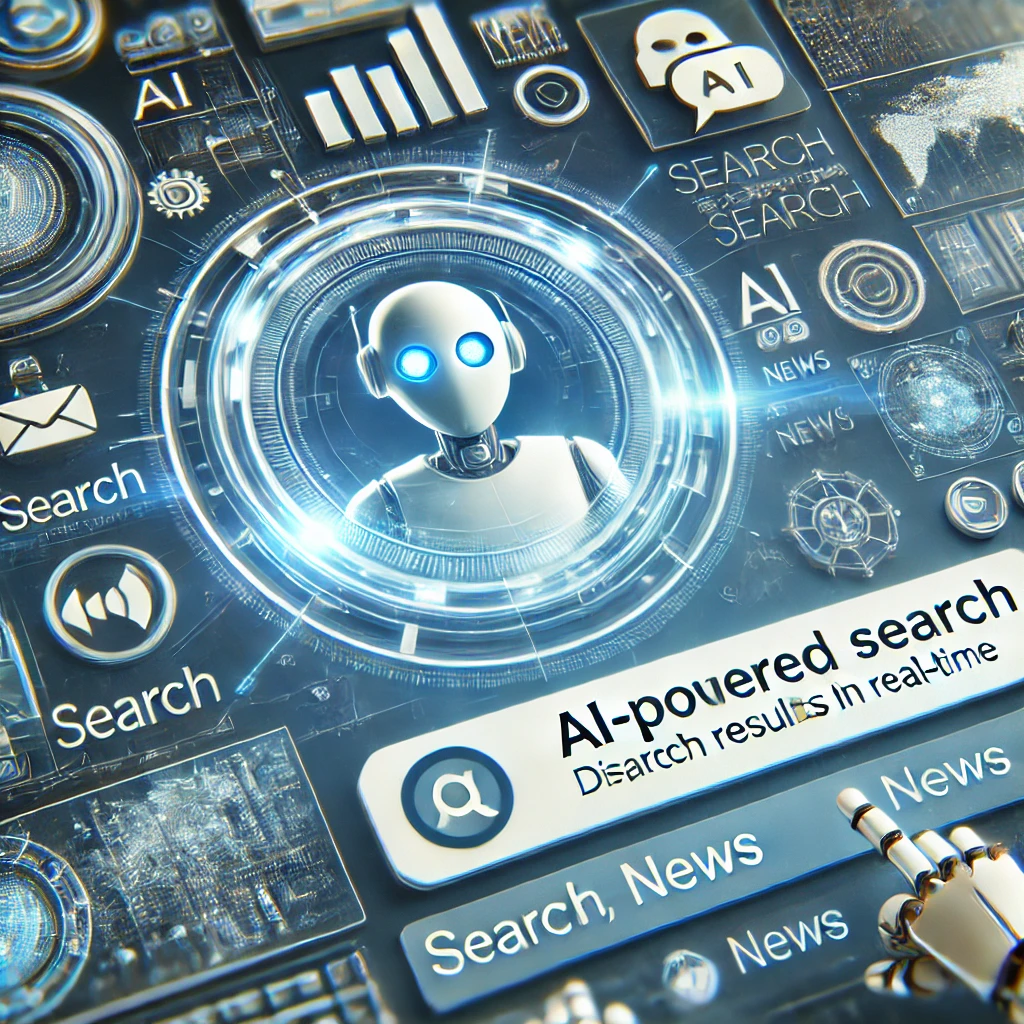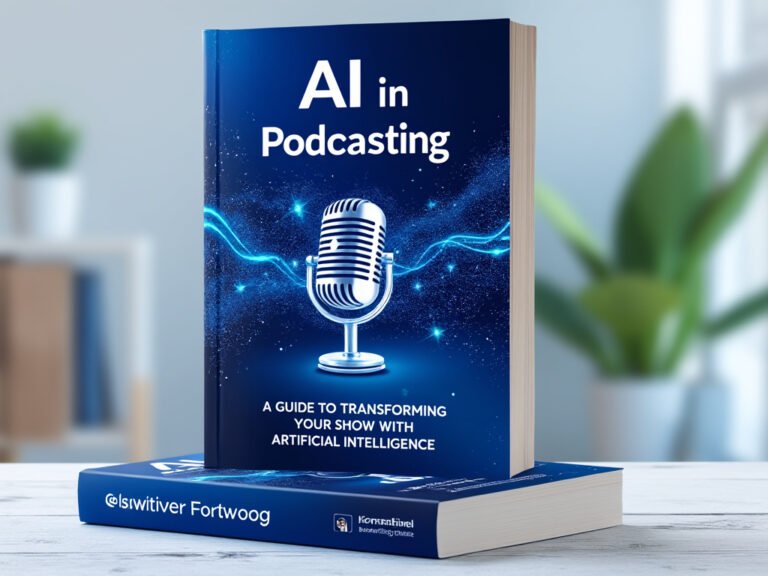
OpenAI has transformed ChatGPT from a powerful conversational AI into a dynamic, real-time information hub in a groundbreaking development that signals a new era in artificial intelligence. The introduction of web search capabilities marks a watershed moment in AI technology, fundamentally changing how users interact with and access information online.
The Dawn of Real-Time AI Search
On October 31, 2024, OpenAI unveiled a game-changing update to ChatGPT: integrated web search functionality. This feature empowers the AI to tap into live information streams, delivering everything from breaking news and sports scores to real-time financial data. Initially exclusive to ChatGPT Plus subscribers and Team users, this capability represents a quantum leap in AI-assisted information retrieval.
What sets this integration apart isn't just its ability to access current information and how seamlessly it weaves this data into ChatGPT's natural conversational flow. Users can now engage in fluid discussions about current events, receive instant updates on developing stories, and explore topics with unprecedented depth and currency.
Disrupting the Search Engine Landscape
Adding search capabilities to ChatGPT isn't just an upgrade—it's a direct challenge to the established search engine hierarchy. While Google has long dominated the search landscape, ChatGPT's approach introduces a paradigm shift in how users seek and consume information.
Traditional search engines present users with a list of links, leaving them to navigate through multiple sources to find relevant information. ChatGPT's integrated search takes a different approach:
- Conversational Context: The AI maintains context throughout the search process, understanding follow-up questions and refining results based on ongoing dialogue
- Information Synthesis: Instead of simply linking to sources, ChatGPT synthesizes information into coherent, natural responses
- Interactive Refinement: Users can quickly clarify or redirect their queries through natural conversation
Ensuring Information Quality Through Strategic Partnerships
OpenAI's commitment to accuracy and reliability is evident in its strategic partnerships with premier news organizations, including The Associated Press and Reuters. These collaborations serve multiple purposes:
- Quality Assurance: Access to trusted news sources ensures the accuracy of real-time information
- Content Attribution: Clear sourcing maintains transparency and credits original content creators
- Industry Support: The partnership model helps sustain quality journalism in the digital age
By integrating verified news sources, OpenAI addresses one of the primary concerns about AI-generated content: reliability. This approach creates a sustainable ecosystem where quality journalism and AI technology complement each other.
The Future of AI-Powered Search
Integrating search functionality into ChatGPT signals the beginning of a new chapter in digital information retrieval. As this technology develops, we can anticipate the following:
Short-Term Developments
- Improved multilingual search features
- Better contextual understanding
- Enhanced integration with specialized databases
Long-Term Effects
- A transition towards conversational search as the primary method for finding information
- Changes in the ways content is created and consumed
- New frameworks for verifying and attributing information
Addressing Challenges and Opportunities
The addition of search functionality to ChatGPT signifies a significant advancement, yet it also brings several essential considerations:
Technical Hurdles
- Ensuring accuracy across a variety of information sources
- Balancing speed with thorough verification of information
- Managing system performance during peak usage times
Ethical Concerns
- Ensuring fair representation of various viewpoints
- Protecting user privacy during search interactions
- Maintaining transparency regarding source selection and presentation
Looking Forward
Integrating search capabilities into ChatGPT is not merely an enhancement—it's an insight into the future of human-AI interaction. As this technology progresses, we can expect increasingly advanced applications that merge the functions of search engines and AI assistants.
This integration's true promise lies not just in what it can currently do but in what it suggests about future information access. As AI continues to evolve, a conversation-first model for retrieving information might become the norm, fundamentally altering how we engage with vast online knowledge.
For users, businesses, and content creators, this advancement presents new opportunities while prompting significant questions about the future of digital information accessibility. As we advance, the effectiveness of this integration is likely to shape the overall direction of AI development and its impact on our everyday lives.




